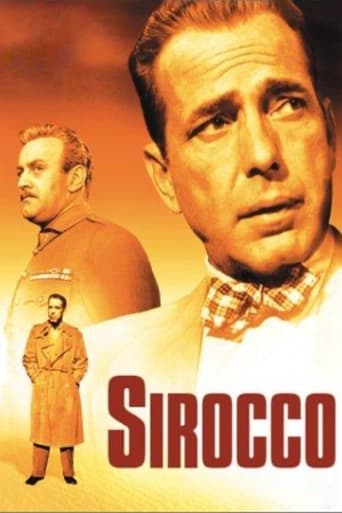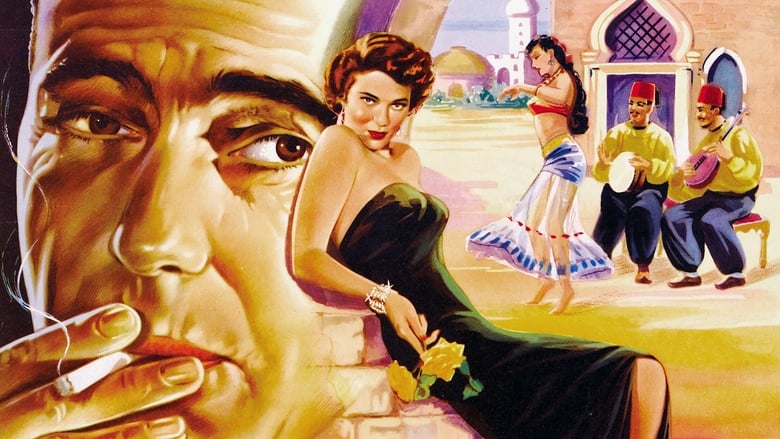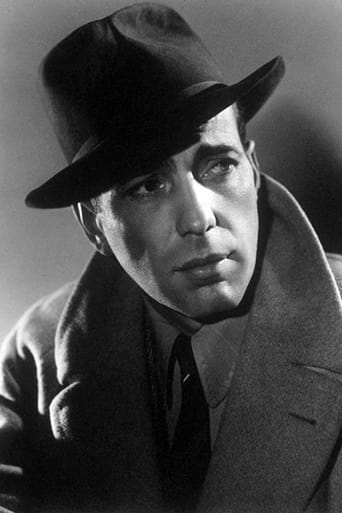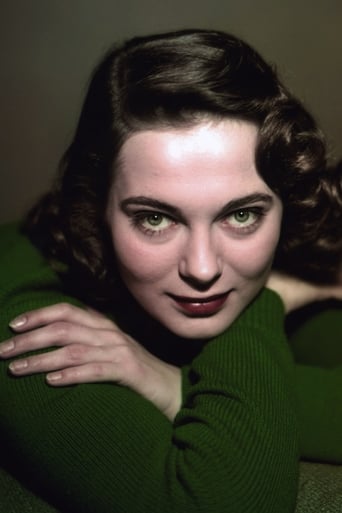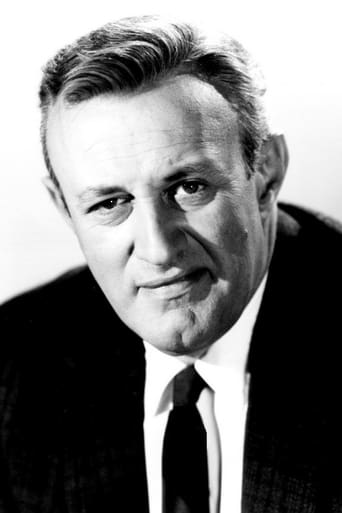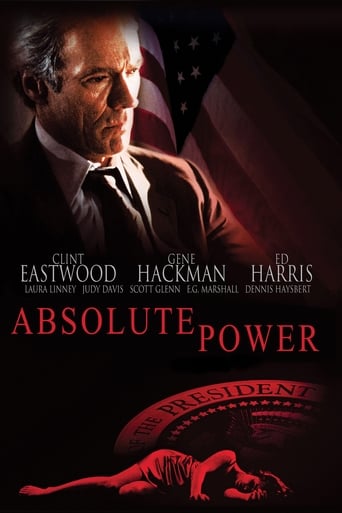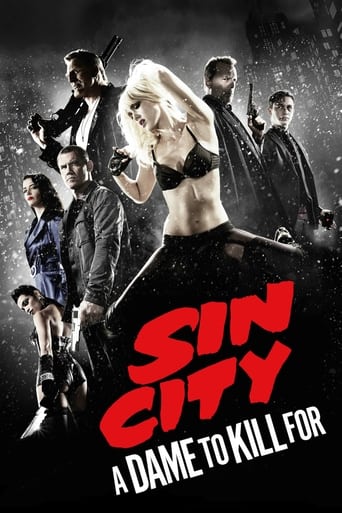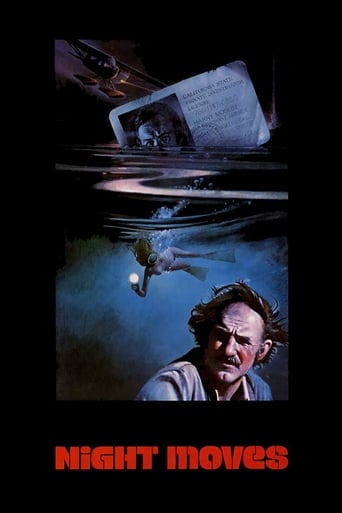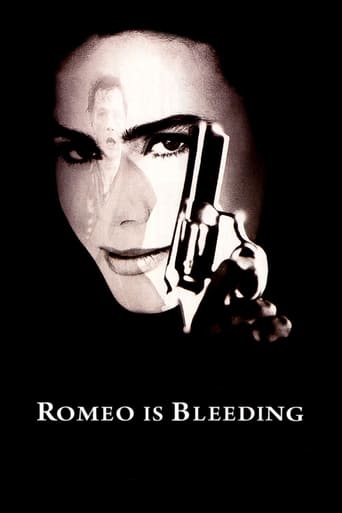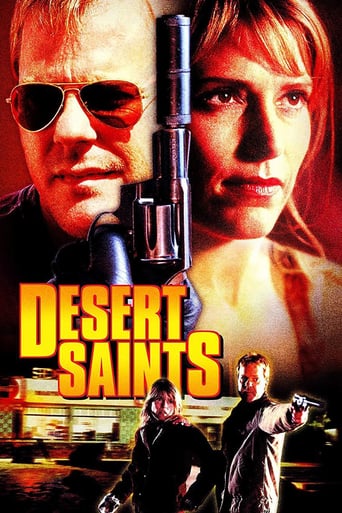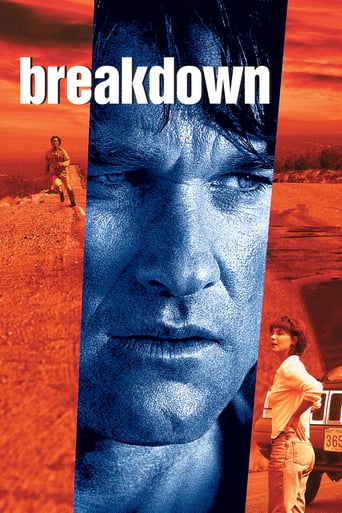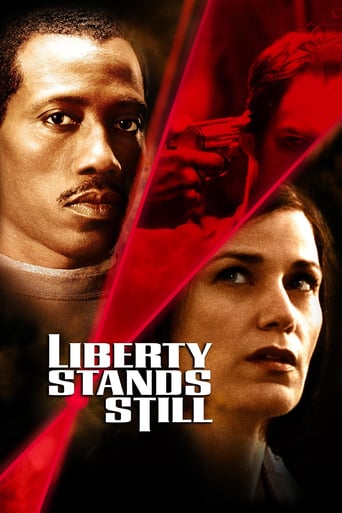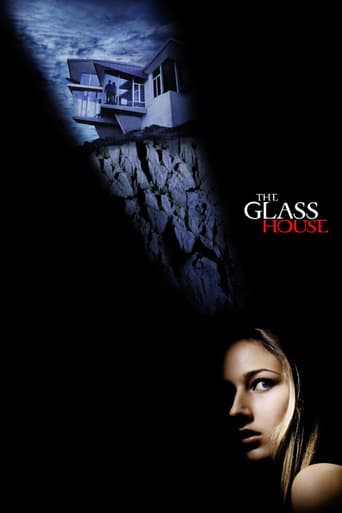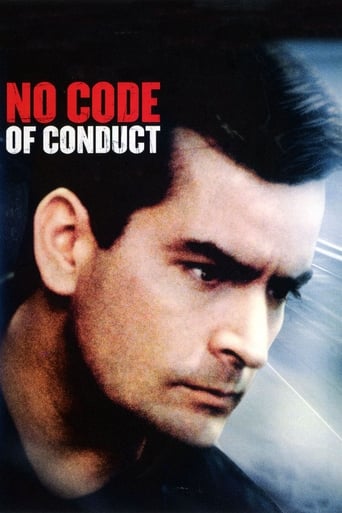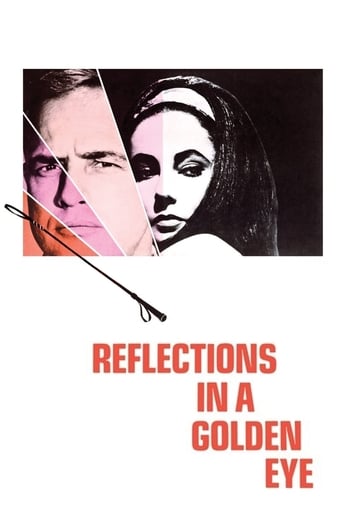Sirocco (1951)
A mysterious American gets mixed up with gunrunners in Syria.
Watch Trailer
Free Trial Channels
Cast


Similar titles
Reviews
Although it has its amusing moments, in eneral the plot does not convince.
In other words,this film is a surreal ride.
Not sure how, but this is easily one of the best movies all summer. Multiple levels of funny, never takes itself seriously, super colorful, and creative.
Great example of an old-fashioned, pure-at-heart escapist event movie that doesn't pretend to be anything that it's not and has boat loads of fun being its own ludicrous self.
It appears that many (most?) critics and viewers here alike are stuck in a rut of complaint, that this movie reminds them of Casablanca, but then refuses to be Casablanca. I wrestled with tagging this as a spoiler, but I have to say that the following point is essential to my appreciation for the film: Bogart? His character here is not supposed to be confused for Rick Blaine so much as contrasted with him, as well as an earlier Bogart classic role--Harry Morgan of To Have and Have Not. In truth, despite the coincidence of a beautiful and exotic Swedish co-star, (and, yes, Marta Toren is no Ingrid Bergman), "Harry Smith" of Sirocco (not even the character's real name, as we learn as we go along) can't even be so generously described as an "opportunist". Heart of gold? Not even close. Harry is a fully-fallen and corrupt profiteer who makes his living enabling the slaughter and death of soldiers and civilians alike. He abandons his loyal sidekick as easily as he flees his girlfriend. His denouement (this is absolutely a noir) is thus essential to his character, as is his moral redemption within that framework.In the end, Bogart and his character are the MacGuffin, and the real conflict, and the real heart of the story, is within the soul of Lee J. Cobb's character, and his outstanding performance as the French intelligence officer, Colonel Feroud. Feroud allows an underling to be sent to his certain death, and he beats his girlfriend when her torment overwhelms him, but he spends the entire picture fighting to maintain his professionalism and his dignity and his humanity against all odds in a world where all is savage and cruel, and there very well be no "right" at all. That Bogart/Smith awakens at the last, to understand the difference between them, is the light shining on Feroud, not Smith. Watching this film again, and viewing Bogart/Smith's sacrifice in those terms is to see a far more mature and nuanced film than Casablanca and To Have and Have Not were able to be, as "A picture" vehicles required to have noble endings.No, this is no 1940's film of good guy vs bad guy idealism. This is both a 1950's film of burgeoning cold war cynicism, as well as a timeless study of intractable sectarian conflict that is so topical today, where everything in the world is shades of gray, yet the people in it still have to decide what is "moral" among the shrinking number of corrupt choices they have left. Bogart disliked his performance, but I wonder how he would view it now, so many decades later?For me, this one was of the most rewarding films I have watched in a long time, and it has awakened a curiosity for more of Bernhardt's pieces, all of the descriptions of which seem to have this kind of timeless moral ambiguity at their center.Set aside your campy Hollywood ideals, and your search for 2-dimensional good guys with rough exteriors and hearts of gold. This is an adult picture with more to offer than mere cliché.
I would even say less than B if it were not Bogart. For Bogart fans, there is a certain amount of satisfaction, but it is hard to avoid criticism. With Prohibition past and even WW11 gone, idealism is a short commodity and Bogart himself isn't getting any younger either, so that the character of Harry Smith is not the mingled wheeler-dealer and idealist of earlier Bogart, but seemingly closer to a vulgarian pig like so many others, wooing with blatant appeal to material goods. This is like Bogart without Bogart. In fact, Harry Smith is too tired looking to really make a foreign land seem romantic for that matter.Also a dramatic mess is Lee J Cobb. Maybe it is just the hang of his uniform but he is not set up so much to be a tragic figure as an unappealing one. His act of self-sacrifice is nauseating rather than ennobling.Then there is Violette, responsive to Bogart's materialistic approach. Marta Toren is so beautiful I am surprised she isn't more famous.And I think this must have been the film Woody Allen saw when he started mocking the trench coat. Cobb and Bogart both look a little too solid in them. Finally, the set is a little bit superficial. Fezes and shots of Byzantine copper ware practically covers it. Abbott and Costello might come around a corner any minute.In sum I say, as a potential film to watch, it is interesting, in a nihilistic sort of way. It only lacks poetic justice.
Imagine, if actors became unstuck in time, that Charles Laughton had decided to follow up MUTINY ON THE BOUNTY's Bligh with Captain Queeg in THE CAINE MUTINY. Imagine Laurence Olivier had decided to top HAMLET with Travis Bickle in TAXI DRIVER. Imagine Marlon Brando had decided to follow his GODFATHER role with the title character in SCARFACE. Imagine Edward G. Robinson had taken the lead role in LITTLE NICKY to follow up LITTLE CAESAR. Imagine Robert de Niro trying to encore RAGING BULL with TIN CUP's Kevin Costner role. If you can picture any of these career missteps, you will get a good idea of how Humphrey Bogart soiled his portrayal of high-class slime-ball Rick in 1942's best picture, CASABLANCA, with his one-note unintentional spoof as "Harry Smith" that he phoned in on SIROCCO nine years later. Since Martha Toren as lone love interest Violette can't hold a candle to Ingrid Bergman's portrayal of Ilsa Lund in the earlier film, about the only redeeming grace in this 1951 misfire is the complex portrayal of relatively humane if fatalistic French Col. Feroud by Lee J. Cobb.
Even the biggest stars and finest actors are entitled to the occasional turkey and Thanksgiving came early in 1951 for Bogie, Lee Cobb and Everett Sloane. To watch him here virtually phoning it in it seems barely credible that a scant two years earlier Lee Cobb had galvanized Broadway when he created the role of Willy Loman in Arthur Miller's Death Of A Salesman, nor does Sloane retain anything of his outstanding performances in Citizen Kane, The Lady From Shanghai, The Enforcer nor does his lacklustre performance give any hint of what's to come - his brilliant Hollywood agent in The Big Knife, Graziano's manager in Somebody Up There Likes Me, for example. Marta Toren died tragically just months short of her thirty first birthday but she died metaphorically every time she tried to act - and perversely for a Swede had a filmic penchant for the middle East having 'starred' previously opposite Tony Martin in Casbah, the third and by far worst remake of Pepe Le Moko. In truth there's not a lot to praise here, Joseph Kessel was a fine novelist whose L'Armee des ombres became the basis of what is arguably the finest film about the Resistance ever made, yet what they did to his novel Coup de Grace here doesn't bear thinking about. Bogie is, of course, always worth watching and Bogie completists should and will see it but that's about the best you can give it.

